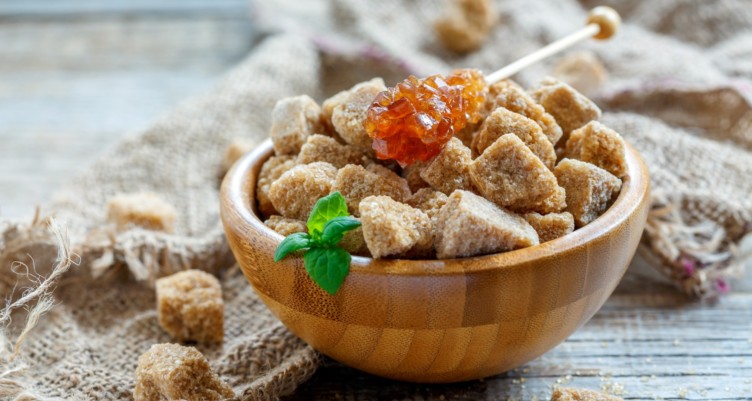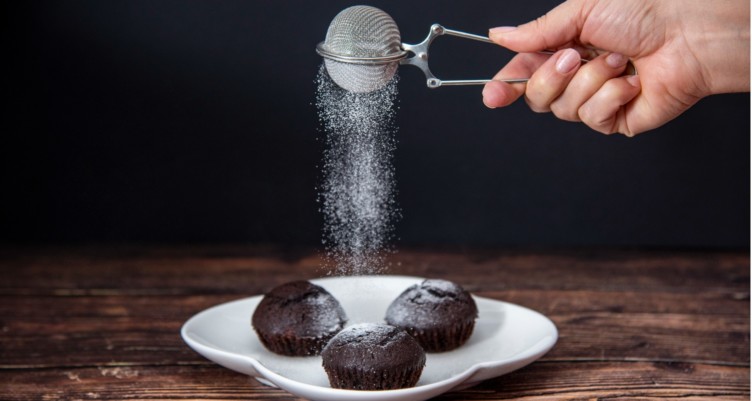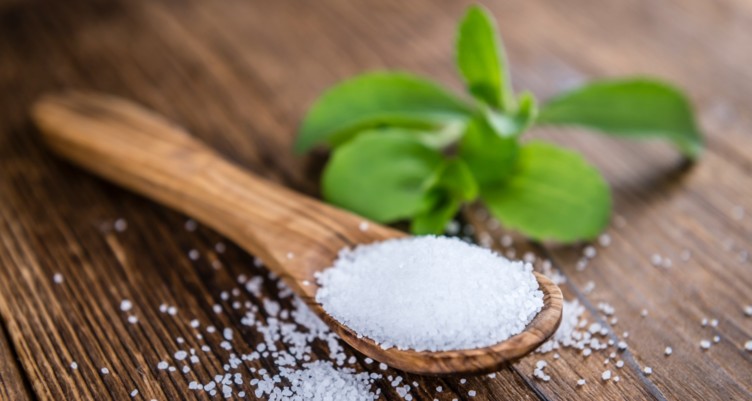Inside Bulletproof: The Not-So-Sweet Truth About Sugar and Immune Health

Sugar tastes sweet, but the bitter truth is that it’s not friendly for your immune system. In fact, it’s a substance you should avoid if you care about overall health and wellness.
From an immunity standpoint, science shows consuming sugar can lead to several negative effects. So, what exactly happens when it enters our bodies? Do sugar substitutes have a similar impact? Are there ways to protect our immune systems from potential damage?
Let’s take a deep dive into the not-so-sweet world of sugar and immune health, with answers to common questions and tips to put you on the road to pathogen-fighting success.
Be warned, though: The truth about the relationship between sugar and your immune system isn’t so pretty.
3 ways sugar negatively impacts the immune system

Despite how your tastebuds react, your immune system doesn’t appreciate the presence of sugar.
Here are three ways sugar negatively impacts your body’s natural defense system:
- Sugar that you eat causes your blood sugar to rise. When blood sugar is elevated above normal blood sugar levels, it can activate an enzyme called protein kinase C. This enzyme leads to dysfunction in neutrophils, which are a type of white blood cell that travel to the source of an infection, “eat” and then destroy the invading microorganism. None of these steps work nearly as well with high blood sugar levels.[1]
- High blood sugar is also associated with the inability of immune cells to properly “tag” foreign pathogens so they can be “eaten” and destroyed.[2]
- In a study on healthy subjects, high blood sugar contributed to multiple defective immune responses, including a decrease in IL-6, a chemical messenger necessary for a proper immune response.[3]
Related: The Effects of Sugar on the Brain (Trust Us, It’s Not Pretty)
Do all types of sugar impact the immune system equally?

Many of the detrimental effects on the immune system are from raised blood sugar, and this is caused by the monosaccharide glucose. Usually, we eat glucose in the form of sucrose (what we commonly refer to as sugar), which is a disaccharide made up of glucose and fructose. The glucose part of sucrose will raise blood sugar, and this can negatively impact the immune system.
However, this doesn’t mean that fructose is completely benign to the immune system. In a recent 2021 study, elevated fructose intake was shown to cause the immune system to release more inflammatory cytokines, which are reactive molecules that can lead to inflammation in the body. Chronic release of these cytokines can lead to damaged cells, tissues and eventually organs.[4]
Translation: Glucose has a major impact on raising blood sugar levels, but fructose can cause problems for your immune system, too.
How much sugar does it take to dampen your immune response?

Research with humans has shown that a 100-gram dose of glucose, sucrose, fructose, honey or orange juice (aka all the kinds of sugar) significantly decreased the ability of neutrophils to “eat” bacteria. Neutrophils are an important part of the first line of defense of the immune system, as they roam around the body looking for foreign invaders to attack. The greatest effects happened 1-2 hours after eating the sugars, but they continued 5 hours later.[5]
Just how easy is it to consume 100 grams of sugar? A 16.9-ounce bottle of Coke (55 grams), a cupcake (~25 grams) and a six-ounce container of low-fat yogurt (~20 grams) will put you right at that mark.
As you can see, you can quickly get to this level of sugar without trying very hard.
Is there a level or threshold in which problems may start to occur?
Another clinical study gave healthy subjects 75 grams of glucose and saw effects on the expression of genes by white blood cells within an hour of ingestion. [6] It is not yet clear if there is a “safe” level of sugar that doesn’t affect the immune system, so it is best to avoid added sugar altogether.
Related: Kick Your Sugar Habit With These Bulletproof Alternative Sweeteners
When to have sugar (if you must!)
If you must have sugar, have a small amount after a workout. Raising your insulin can be helpful with replenishing muscle glycogen stores and taking up amino acids for repair and rebuilding. Otherwise, try to avoid added sugars in your diet.
If you have a sweet tooth, opt for low-glycemic sweeteners like erythritol, stevia or monk fruit, which have a negligible impact on blood sugar and insulin.
Obvious sugary foods to ditch
It’s incredibly easy to consume excess calories from sugar. It’s equally easy to identify which foods you should keep out of your fridge and pantry.
The most obvious thing to ditch are drinks that include lots of added sugars. This includes not only juices and sodas, but also coffee drinks laden with extra sugar (many with more than 10 teaspoons of added sugar per drink!).[7]
When you drink your sugar, it gets digested quickly and may cause a rapid spike in blood sugar. This can then lead to energy crashes that result in more sugar cravings and may contribute to insulin resistance, as well as immune system dysfunction.
How sugar substitutes impact immune health

Sugar substitutes have become increasingly popular over the years, and it’s easy to see why consumers continue to use them. Sugar alcohols, like xylitol and erythritol, have a very minimal impact on blood sugar and insulin.
Actually, xylitol has been shown to decrease the amount of bacteria in the mouth that cause cavities, as these bacteria cannot feed on xylitol.
Related: Baking With Sugar Substitutes 101: Everything You Should Know
Do any artificial sweeteners like sucralose impair immune health?

Sucralose, on the other hand, has been shown to affect the gut microbiome. In animal research, there was a two-fold decrease in the number of bacteria in the microbiome after the rats were given sucralose.[8] The microbiome, in turn, has a strong relationship with the body’s immune system. Approximately 70-80% of our immune system resides in the gut, so any change to the gut microbiome can negatively impact our immune system’s responses.[9]
Sucralose may also directly affect the levels of chemical messengers that help stimulate an immune response and create an imbalance in immune cells.[10]
The bottom line: Don’t let sugar’s sweetness fool you into thinking it’s friendly for your immune system. If you want to put your body in the best position to fight off intruders, limit your sugar intake to your post-workout window. That strategy, along with utilizing sugar substitutes, can go a long way to keep your immune health in order.
Let your sweet tooth get the best of you a little too often lately? Discover how to do a sugar detox so you can bounce back quickly and tackle life’s challenges.
Sign up for early access to sales, product launches, the latest Bulletproof news and more!



